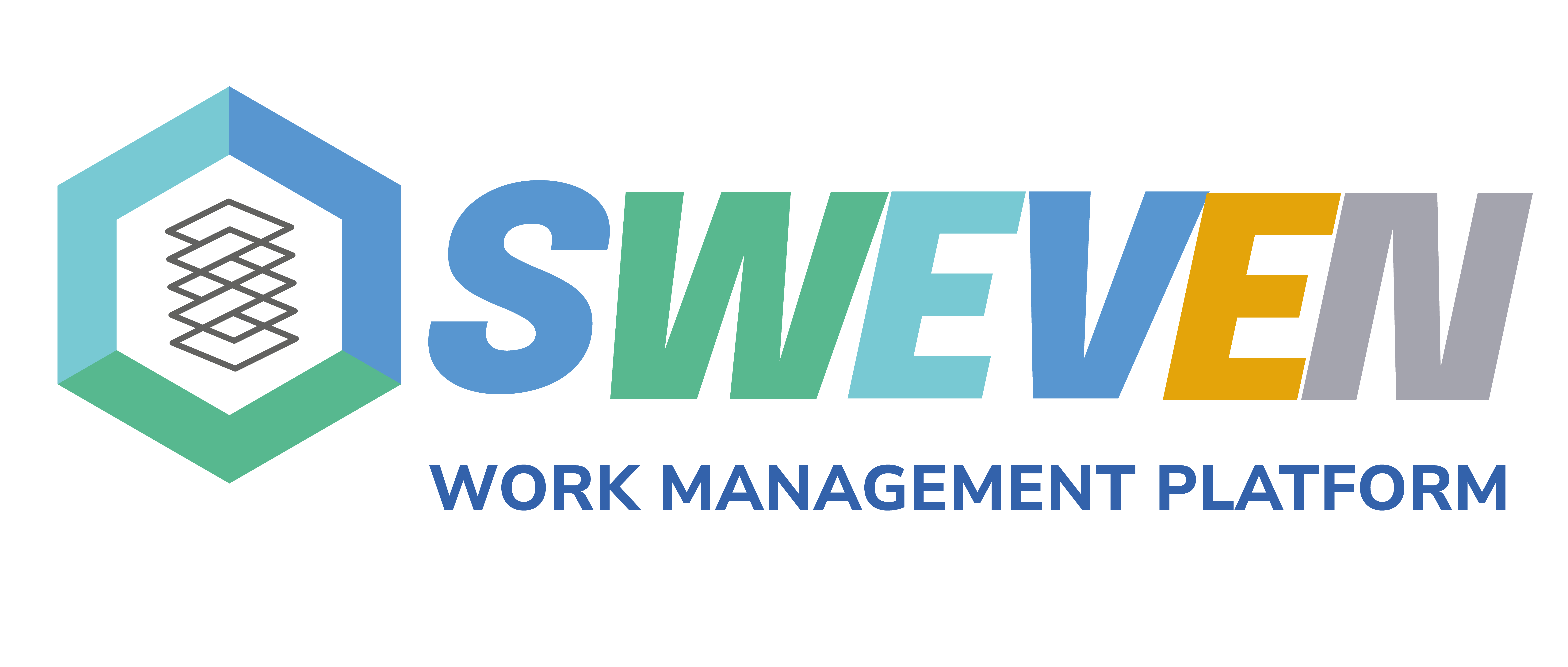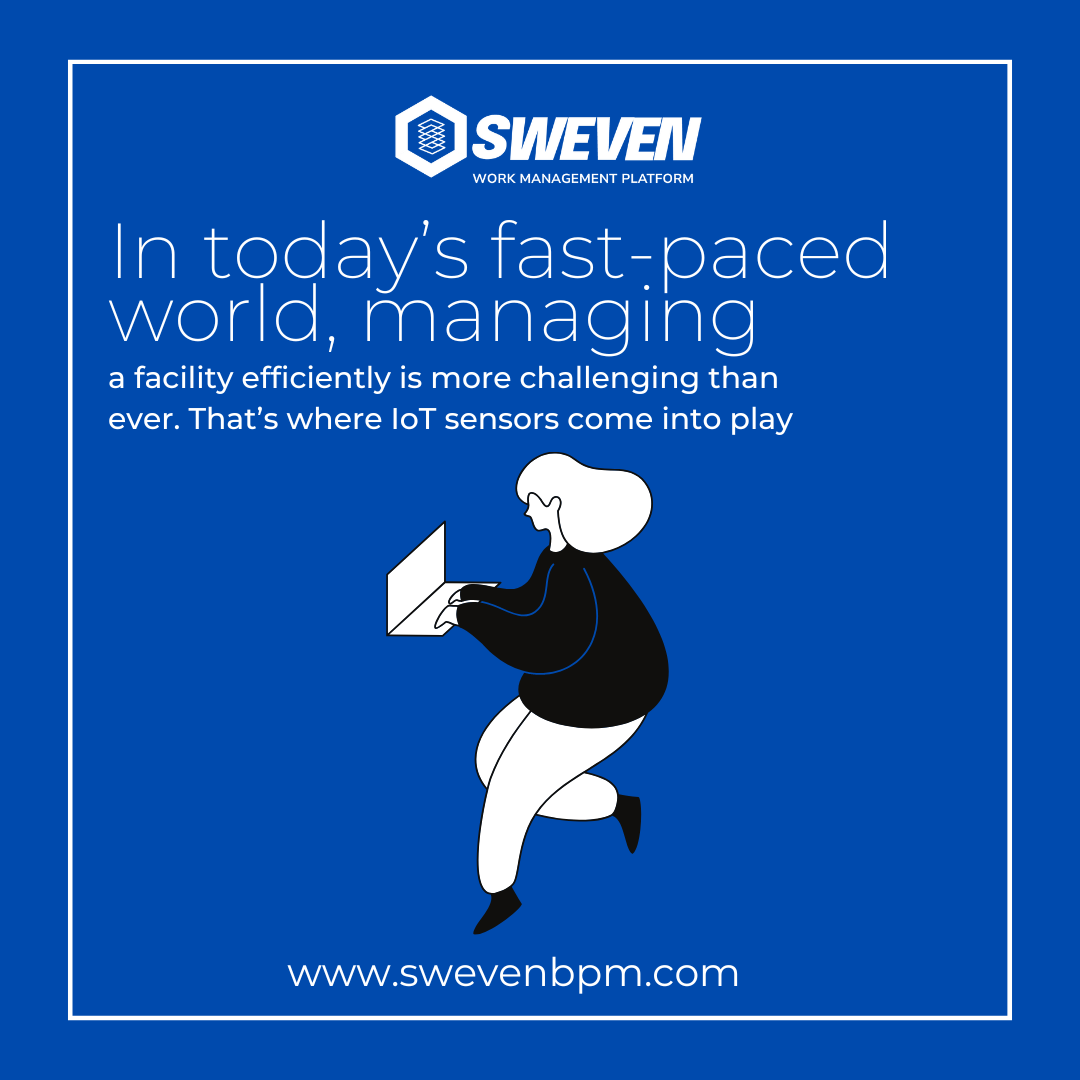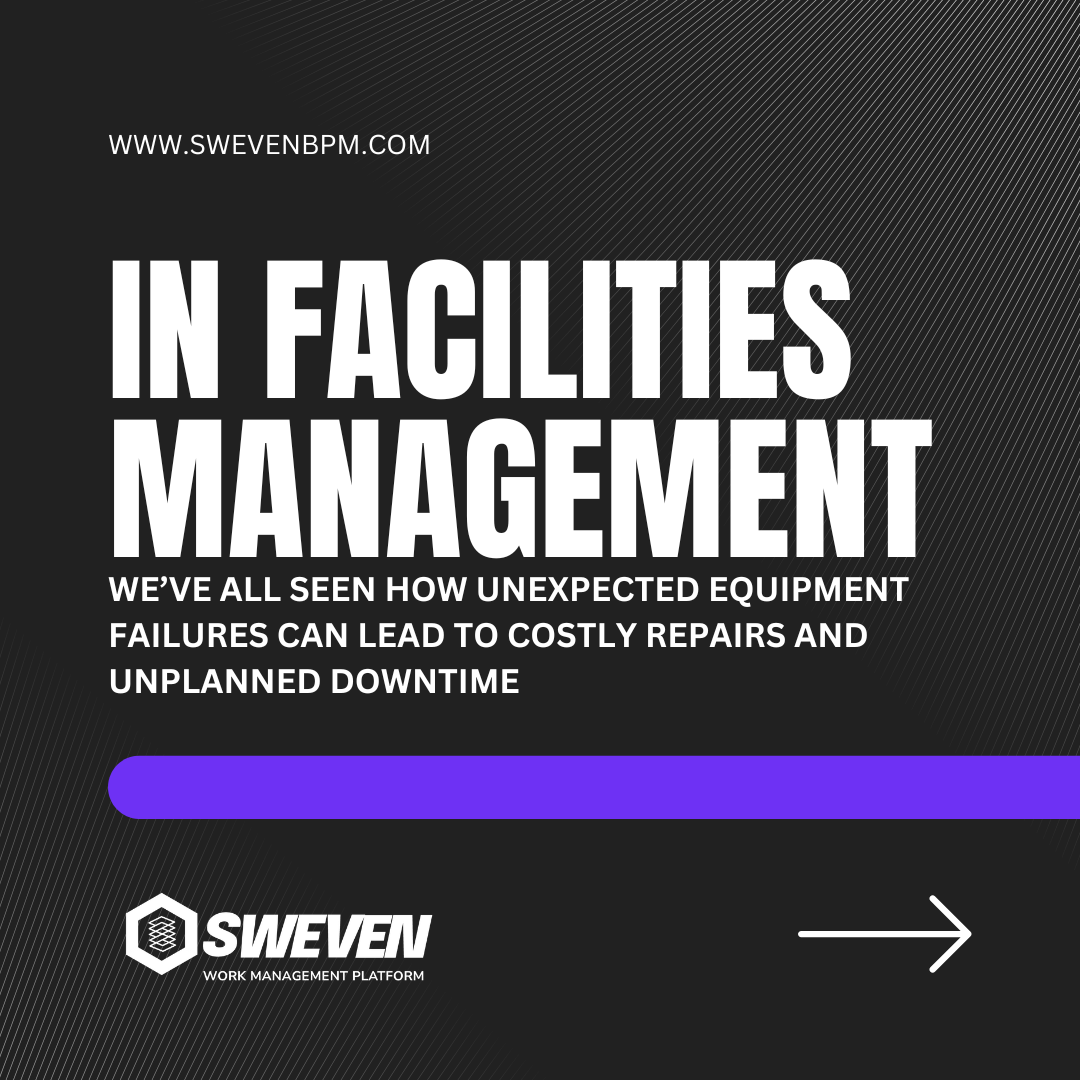
For vendor managers, maintaining smooth and efficient supply chain operations is crucial to achieving business goals. However, one common challenge that can disrupt these operations is inconsistent lead times from key suppliers. When suppliers fail to deliver goods or services on time, it can lead to project delays, production halts, increased costs, and customer dissatisfaction.
To overcome this challenge, vendor managers need a reliable way to manage supplier relationships, monitor lead times, and ensure timely delivery. Sweven BPM (Business Process Management) offers a comprehensive solution that can help vendor managers effectively handle the complexities of supply chain management and maintain consistent lead times from key suppliers.
The Challenge of Inconsistent Lead Times from Key Suppliers
Inconsistent lead times from suppliers can pose several significant challenges for vendor managers:
- Production Delays: When suppliers do not deliver materials or products as expected, it can lead to production delays, disrupting the entire supply chain. This can negatively impact the company’s ability to meet customer demands and deadlines.
- Increased Costs: Inconsistent lead times often result in additional costs due to expedited shipping, overtime wages, or the need to find alternative suppliers at a higher price. These unexpected expenses can strain budgets and reduce profit margins.
- Inventory Management Issues: When supplier lead times are inconsistent, it becomes difficult to manage inventory levels effectively. This can lead to either overstocking, which ties up capital and storage space, or stockouts, which can halt production and damage customer relationships.
- Customer Dissatisfaction: Delays in delivery can result in unmet customer expectations, leading to customer dissatisfaction and a potential loss of business. In a competitive market, maintaining a reputation for reliability is crucial.
- Inefficient Resource Allocation: When lead times are unpredictable, it becomes challenging to allocate resources efficiently. Teams may spend valuable time and effort managing disruptions rather than focusing on more strategic activities.
- Strained Supplier Relationships: Frequent delays and inconsistent lead times can strain relationships with key suppliers, leading to conflicts, mistrust, and difficulties in negotiating future contracts or favorable terms.
Strategies for Managing Inconsistent Lead Times

To effectively manage inconsistent lead times from key suppliers, vendor managers can implement several strategies:
- Establish Clear Performance Metrics: Define clear performance metrics, such as lead time targets, delivery windows, and penalties for delays, in supplier contracts. This helps set expectations and encourages suppliers to meet their commitments.
- Develop Contingency Plans: Create contingency plans to mitigate the impact of delays. This may involve identifying alternative suppliers, maintaining safety stock, or using just-in-case inventory management practices.
- Improve Communication and Collaboration: Maintain open and regular communication with suppliers to ensure they are aware of your expectations and any changes in demand. Collaboration helps build stronger relationships and promotes timely deliveries.
- Monitor Supplier Performance: Regularly monitor supplier performance using key performance indicators (KPIs) such as on-time delivery rate, average lead time, and frequency of delays. Use this data to identify trends, assess supplier reliability, and take corrective actions when needed.
- Use Business Process Management Tools: Leverage Business Process Management (BPM) tools to automate and optimize the supply chain management process. A BPM tool can help track lead times, automate communication, and provide real-time visibility into supplier performance.
How Sweven BPM Can Help Manage Inconsistent Lead Times
Sweven BPM is an advanced Business Process Management solution designed to help vendor managers address the challenges associated with inconsistent lead times from key suppliers. Here’s how Sweven BPM can enhance supply chain management and ensure timely deliveries:
- Centralized Supplier Management: Sweven BPM provides a centralized platform for managing all supplier-related information, including contracts, performance metrics, and communication history. Vendor managers can easily access and update this information, ensuring that all stakeholders have a clear understanding of lead time expectations and requirements.
- Automated Monitoring and Alerts: Sweven BPM allows vendor managers to set up automated monitoring of supplier performance metrics, such as lead times, on-time delivery rates, and frequency of delays. The platform can automatically generate alerts and notifications when a supplier’s performance falls below the established threshold, enabling proactive intervention before issues escalate.
- Enhanced Communication and Collaboration: Sweven BPM includes built-in communication and collaboration tools that facilitate seamless communication between vendor managers and suppliers. Vendor managers can use the platform to share forecasts, demand changes, and other critical information in real time, ensuring suppliers have the information they need to meet delivery expectations.
- Real-Time Visibility and Reporting: Sweven BPM offers real-time visibility into supplier performance through customizable dashboards and reports. Vendor managers can track lead times, identify trends, and analyze supplier performance data to make informed decisions. This real-time insight helps identify potential issues early and allows for timely corrective actions.
- Supplier Scorecards and Performance Analytics: Sweven BPM enables vendor managers to create supplier scorecards that track and evaluate performance against predefined criteria, such as lead times, quality, and cost. The platform’s analytics tools provide insights into supplier performance over time, allowing vendor managers to identify high-performing suppliers and address underperforming ones.
- Automated Workflow and Process Optimization: Sweven BPM allows vendor managers to design and automate workflows for supply chain processes, such as purchase orders, approvals, and shipments. Automated workflows help ensure that all tasks are completed on time, reducing manual intervention and minimizing the risk of delays caused by human error.
- Dynamic Adaptation to Supply Chain Changes: Sweven BPM’s dynamic workflow capabilities allow vendor managers to quickly adapt to changes in the supply chain, such as demand fluctuations, supplier capacity issues, or unexpected disruptions. The platform’s flexibility ensures that vendor managers can respond effectively to changing conditions and maintain consistent lead times.
- Risk Management and Contingency Planning: Sweven BPM provides tools for risk management and contingency planning, enabling vendor managers to prepare for potential supply chain disruptions. Vendor managers can create and manage contingency plans, identify alternative suppliers, and develop strategies to mitigate the impact of inconsistent lead times.
Key Benefits of Using Sweven BPM to Manage Lead Times
By leveraging Sweven BPM, vendor managers can achieve several key benefits that help address the challenges of inconsistent lead times:
- Improved Supplier Performance: Sweven BPM’s automated monitoring, reporting, and communication tools help vendor managers set clear expectations and hold suppliers accountable for their performance.
- Enhanced Visibility and Control: The platform’s real-time visibility and reporting features provide vendor managers with the insights they need to identify potential issues early and take corrective actions promptly.
- Streamlined Processes and Reduced Errors: Automated workflows and task management reduce manual intervention, minimizing the risk of delays caused by human error and streamlining the supply chain management process.
- Stronger Supplier Relationships: By improving communication and collaboration, Sweven BPM helps build stronger relationships with suppliers, fostering trust and promoting timely deliveries.
- Greater Agility and Flexibility: Sweven BPM’s dynamic adaptation capabilities enable vendor managers to quickly respond to changes in the supply chain and maintain consistent lead times, even in the face of unexpected disruptions.
- Reduced Costs and Improved Efficiency: By optimizing supply chain processes and minimizing delays, Sweven BPM helps reduce costs associated with expedited shipping, overtime wages, and other expenses caused by inconsistent lead times.

Conclusion
Inconsistent lead times from key suppliers can disrupt supply chain operations, increase costs, and damage customer relationships. To effectively manage this challenge, vendor managers need a reliable solution that provides real-time visibility, automates processes, and enhances communication and collaboration.
Sweven BPM offers a comprehensive solution designed to help vendor managers address the complexities of supply chain management and maintain consistent lead times. With features such as automated monitoring, real-time reporting, enhanced communication, and dynamic adaptation, Sweven BPM provides the tools vendor managers need to ensure timely deliveries and achieve business continuity.
If you are a vendor manager struggling with inconsistent lead times from key suppliers, consider implementing Sweven BPM to enhance supplier performance, improve visibility and control, and maintain a more efficient and reliable supply chain.

























